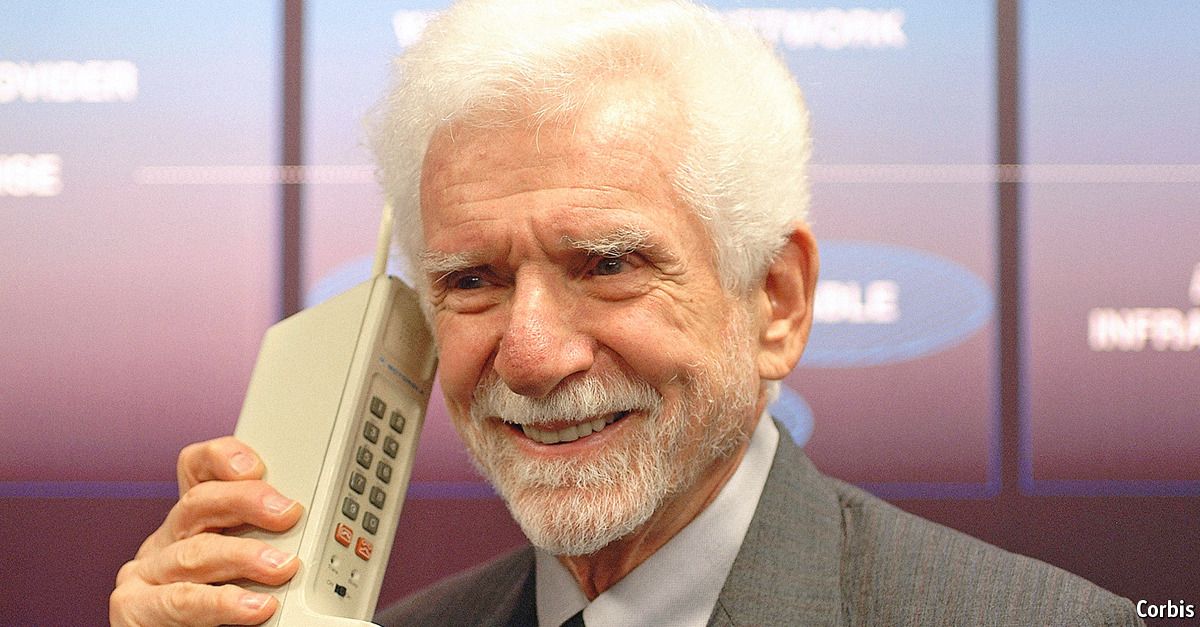The advent of 5G is likely to bring another splurge of investment, just as orders for 4G equipment are peaking. The goal is to be able to offer users no less than the “perception of infinite capacity”, says Rahim Tafazolli, director of the 5G Innovation Centre at the University of Surrey. Rare will be the device that is not wirelessly connected, from self-driving cars and drones to the sensors, industrial machines and household appliances that together constitute the “internet of things” (IoT).
It is easy to dismiss all this as “a lot of hype”, in the words of Kester Mann of CCS Insight, a research firm. When it comes to 5G, much is still up in the air: not only which band of radio spectrum and which wireless technologies will be used, but what standards makers of network gear and handsets will have to comply with. Telecoms firms have reached consensus only on a set of rough “requirements”. The most important are connection speeds of up to 10 gigabits per second and response times (“latency”) of below 1 millisecond (see chart).

